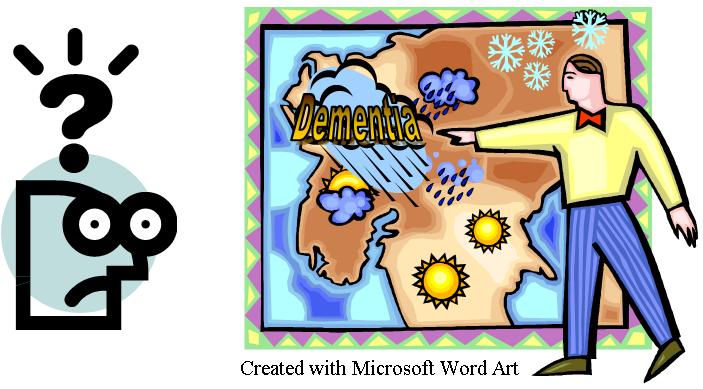Earlier this month German authorities closed around 4,700 farms following the discovery that pigs and poultry had been given feed contaminated with dioxins, which are thought to be among the most carcinogenic environmental pollutants. Yesterday Russia banned the import of untested pork products produced in Germany after 1 November 2010. This follows earlier import bans on some German food products in Slovakia, China, Belarus and South Korea.
Evidently the North German firm Harles und Jentzsch added a contaminated oil, possibly intended for industrial paper production, to an ingredient for animal feed that was then sold to 25 different feed manufacturers. Tests showed that the oil contained dioxin at 77 times the permitted level. Around 150,000 tons of feed incorporating this oil was reportedly fed to poultry and pigs across Germany, and affected eggs were sold in Germany, The Netherlands and the UK.
Internal tests at the Harles und Jentzsch plant revealed elevated dioxin levels in feed ingredients as early as March last year, suggesting the possibility that the human food supply may have been contaminated for months. And of course, this is nothing new. There were similar dioxin scandals in Ireland and Italy in 2008, Belgium in 1999 and 2006, and Germany in 2003.
How can such practices go unnoticed so often and for so long?
Read More »How to feed people dioxin and get away with it

